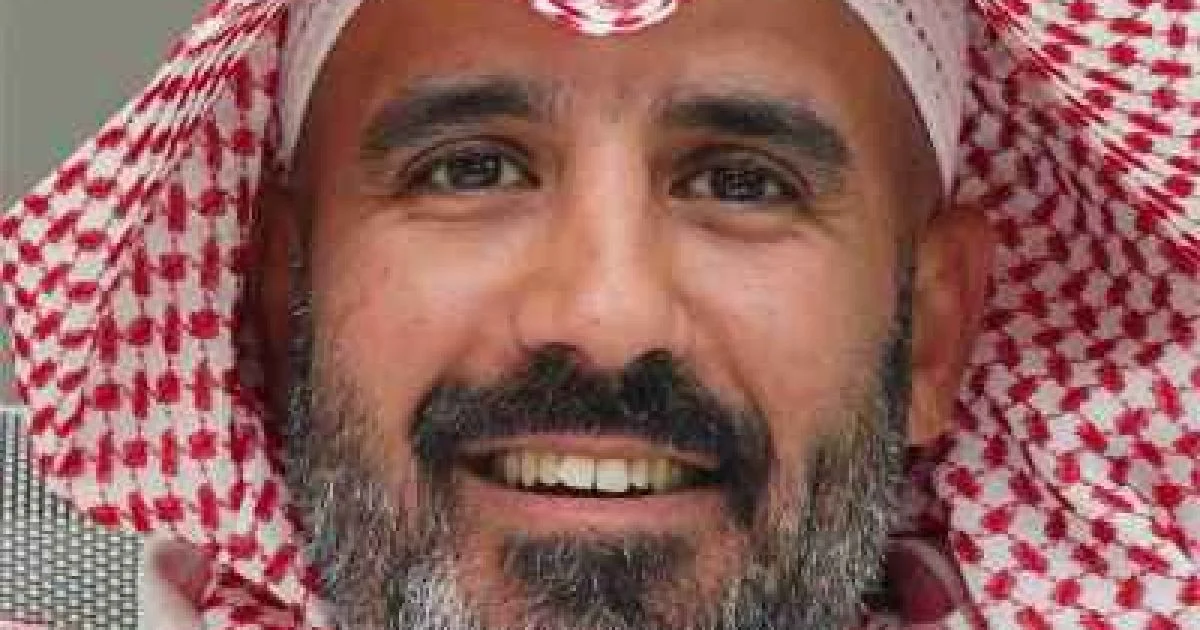Ibrahim Al Mubarak, the deputy minister of investments for Saudi Arabia, stated on Monday that his nation thought Pakistan was the best place to invest and wanted to see it flourish economically.
Speaking at the opening ceremony of the two-day Pakistan-Saudi Arabia Investment Forum 2024 in Islamabad, he stated that Saudi entrepreneurs were open to making investments in a variety of industries and that a significant portion of Pakistanis were contributing significantly to the growth of the kingdom.
ON THE DRIVING SEAT: PRIVATE SECTOR
Muhammad Aurangzeb, the finance minister, stated in his speech that the private sector should take the “driving seat” in order to revitalise the economy.
The finance minister stated, “The ministers and bureaucracy would have to lay back,” adding that the role of the government was to establish a framework.
According to Aurangzeb, the finance ministry was always there to support traders and company owners as he pursued economic reforms as part of the government’s objective.
Using the better rupee exchange rate as an example, he claimed that successful policies were bringing about economic stability.
The minister also mentioned that the government was trying to draw in foreign investment, but he also emphasised the need for continued policies to maintain economic stability and urged collaboration between the public and private sectors to build a robust economy.
Investing in Saudi Arabia
A high-level group of 50 Saudi businesspeople and investors, together with government representatives, arrived in Pakistan earlier on Sunday to attend an event aimed at encouraging investment from the oil-rich Gulf State.
Continue reading: Saudi entrepreneurs arrive in Islamabad as Pakistan seeks foreign investment
This happened only a few days after Saudi Arabia hosted Prime Minister Shehbaz Sharif for a Special Meeting on Global Collaboration, Growth, and Energy for Development in Riyadh. During his visit, he also had talks on a number of topics with Crown Prince Mohammed bin Salman.
SUMMARY CONVERSATIONS
The audience was informed by Commerce Minister Jam Kamal that every attempt would be made to facilitate international investors and have fruitful discussions between Pakistan and Saudi Arabia.
Representatives from thirty Saudi firms made the comments while in Pakistan looking for opportunities to engage in a range of industries, such as agriculture, aviation, human resources, and minerals.
Islamabad has been depending on Saudi investment to spark economic activity in the nation, which will not only boost investor confidence domestically but also aid in persuading businessmen from other countries to prioritise Pakistan, given that the country’s economy is crippled by inflation and high interest rates.
Not a shortage of proficient labourers
In his speech, Saudi Arabia’s Minister of Petroleum, Musadik Malik, emphasised the country’s recent rapid progress as well as the necessity of deepening the two countries’ already-existing bilateral relations.
He claimed that Gwadar would soon become a global transit hub and that Pakistan possessed abundant mineral riches. Malik assured the audience that Pakistan did not lack skilled labour.
It’s a narrative in progress. Details will be provided later.

 Latest News2 days ago
Latest News2 days ago
 Latest News2 days ago
Latest News2 days ago
 Latest News2 days ago
Latest News2 days ago
 Latest News2 days ago
Latest News2 days ago
 Latest News2 days ago
Latest News2 days ago
 Latest News2 days ago
Latest News2 days ago
 Latest News2 days ago
Latest News2 days ago
 Latest News2 days ago
Latest News2 days ago










